Publications
Articles, publications, books, tools and multimedia features from the U.S. Institute of Peace provide the latest news, analysis, research findings, practitioner guides and reports, all related to the conflict zones and issues that are at the center of the Institute’s work to prevent and reduce violent conflict.
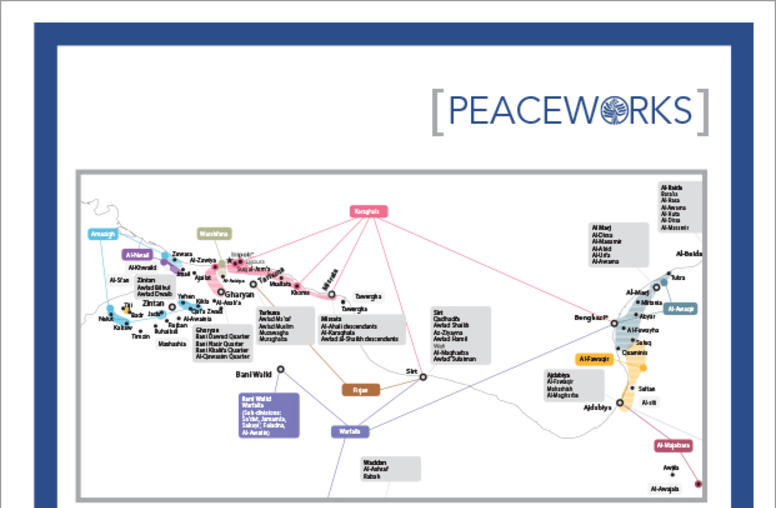
Tribe, Security, Justice and Peace in Libya Today
After the 2011 revolution in Libya that toppled Gadhafi and destroyed many state institutions, tribes and armed groups stepped in to fill the vacuum. The trend increased after the collapse of central state security in 2014. This report examines the renewed role of tribes as guarantors of social stability and providers of security and justice services in the country during the period and today.
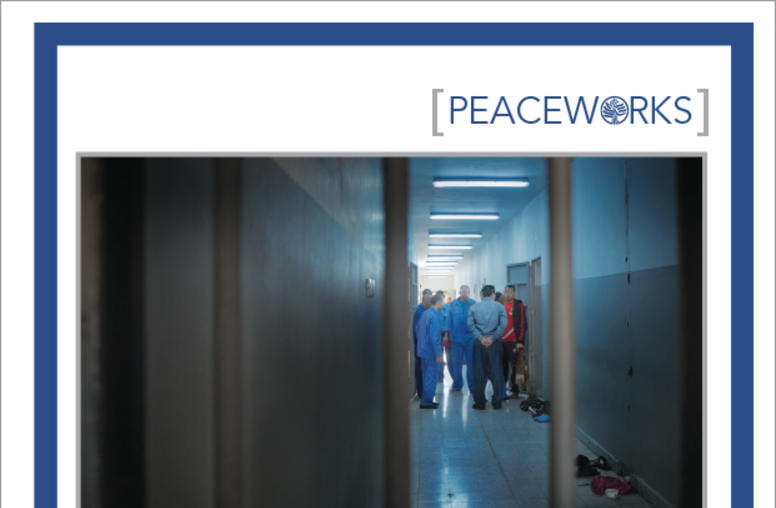
Prisons and Detention in Libya
This report examines the prison system in Libya. With the permission of the Libyan Ministry of Justice and Judicial Police, United States Institute of Peace (USIP) research teams conducted two assessments of the Libyan prison system, visiting detention facilities throughout the country in 2012 and again in 2015–16 to evaluate organizational function, security, infrastructure, and prisoner well-being. This report combines and compares the findings of the two assessments, discussing the broader...
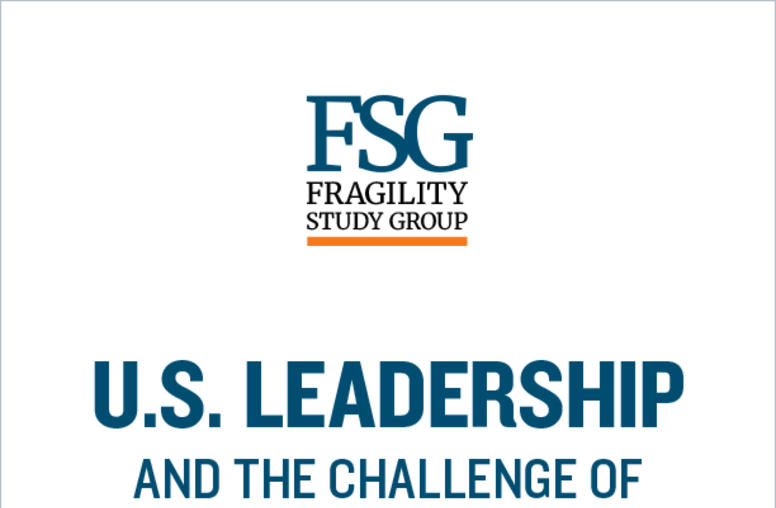
U.S. Leadership and the Challenge of ‘State Fragility’
The new administration, a coming change in leadership at the United Nations, and an emerging global consensus about the fragility challenge make this an opportune moment to recalibrate our approach. The United States cannot and should not try to “fix” every fragile state. Nor can we ignore this challenge; all fragility has the potential to affect U.S. interests to some extent, especially when left to fester. There is simply too much at stake for our interests, our partners, and the global ord...
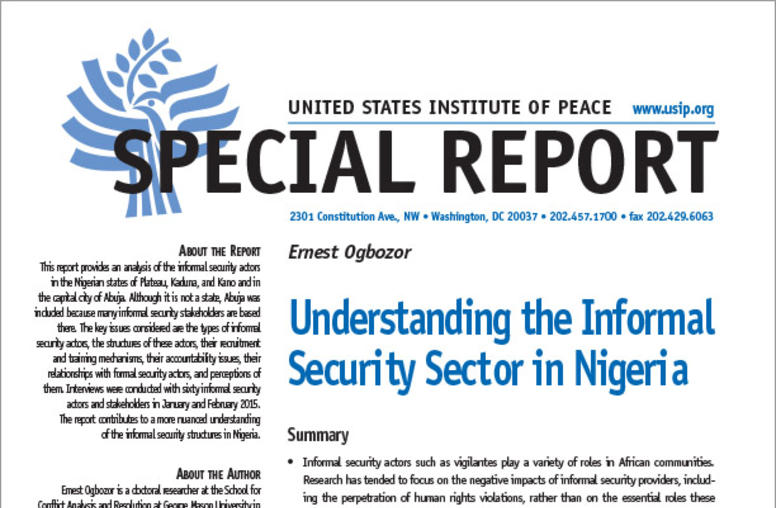
Understanding the Informal Security Sector in Nigeria
Informal security actors such as vigilantes play a variety of roles in African communities. Research has tended to focus on the negative impact of informal security providers, but these groups have an essential role in a community’s safety and security. This report provides an analysis of the informal security actors in the Nigerian states of Plateau, Kaduna, and Kano and in the capital city of Abuja.
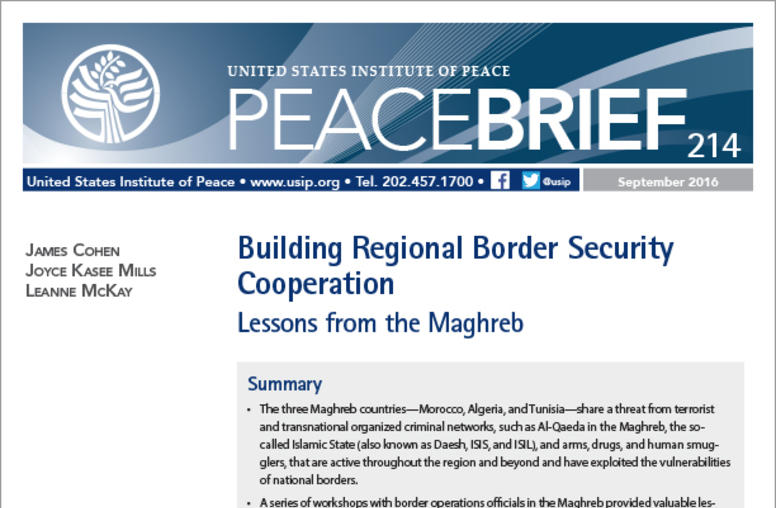
Building Regional Border Security Cooperation: Lessons from the Maghreb
The Maghreb countries of Morocco, Algeria, and Tunisia face threats to their borders from transnational illicit networks, such as terrorist groups and criminal organizations. To address these threats, USIP convened operational border officials from the three countries through a series of workshops in spring 2016. This brief highlights the key lessons that emerged from this work: addressing border security requires understanding the underlying drivers of insecurity; border security requires st...
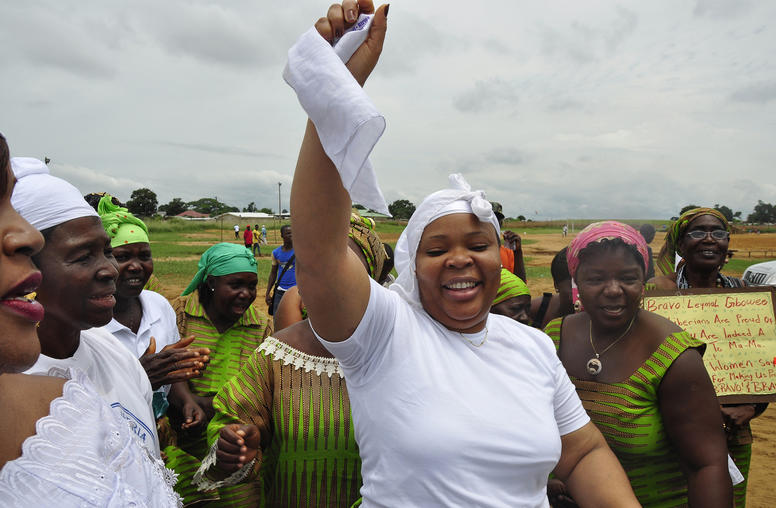
Religious Actors in Formal Peace Processes
Despite the significant impact—both real and potential—that religious actors and communities can have on formal peace processes, there is little research on or analysis of their engagement as part of these processes. This report aims to remedy this deficit by examining whether, when, how, and to what extent religious actors have been engaged in formal peace and political transition processes.
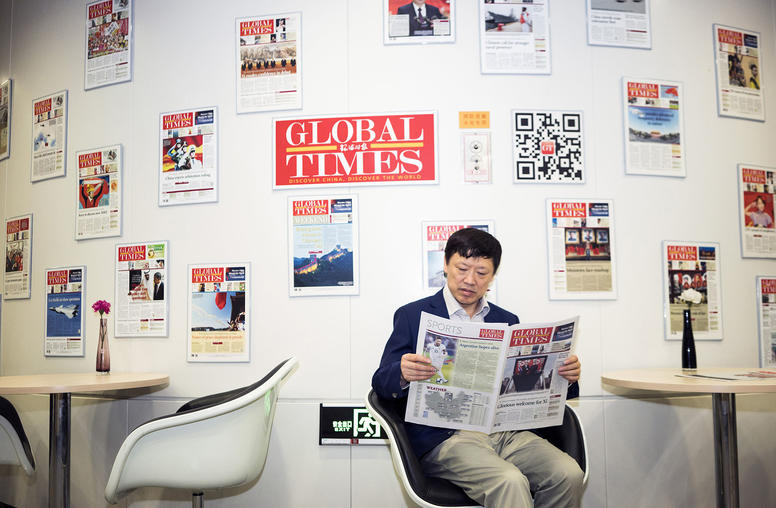
“Sewage of the Cold War”: China’s Expanding Narratives on NATO
Although China’s views on NATO have fluctuated since the early days of the Cold War, Beijing’s recent statements on the alliance have sharpened. This report argues that they amount to a “rhetorical attack” on the alliance’s legitimacy that can potentially undermine trust among its Asia-Pacific partners and, more broadly, confidence in Western ideas of collective security. The report offers recommendations for investments NATO should make in understanding, tracking, and countering Chinese narratives about the alliance.
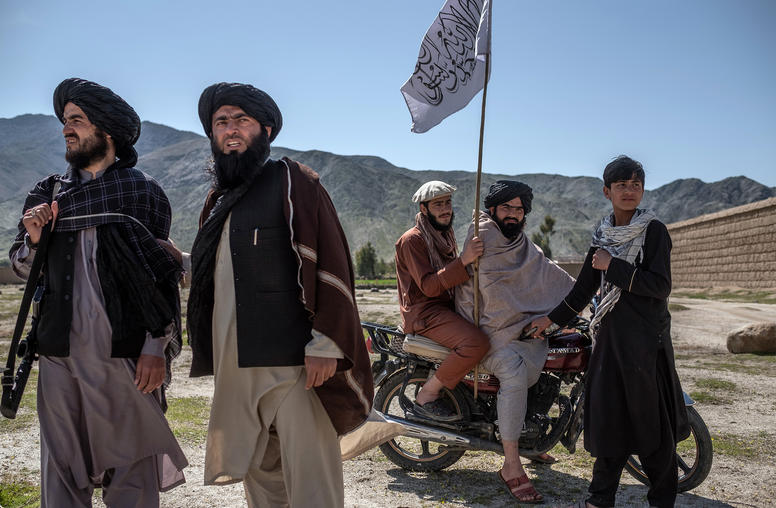
Disengagement and Reconciliation in Conflict-Affected Settings
Even in brutal and desperate conflict settings, it is possible for people to abandon violence and leave violent groups. Peacebuilders know this well—yet terrorism and counterterrorism policies and practices have often neglected practical ways to address participants in violent extremism and failed to provide them opportunities to reject violence. This report examines how peacebuilding tools can help transform the individual attitudes, group relationships, and social ecosystems and structures needed to facilitate the effective disengagement and reconciliation of former members of violent extremist groups.
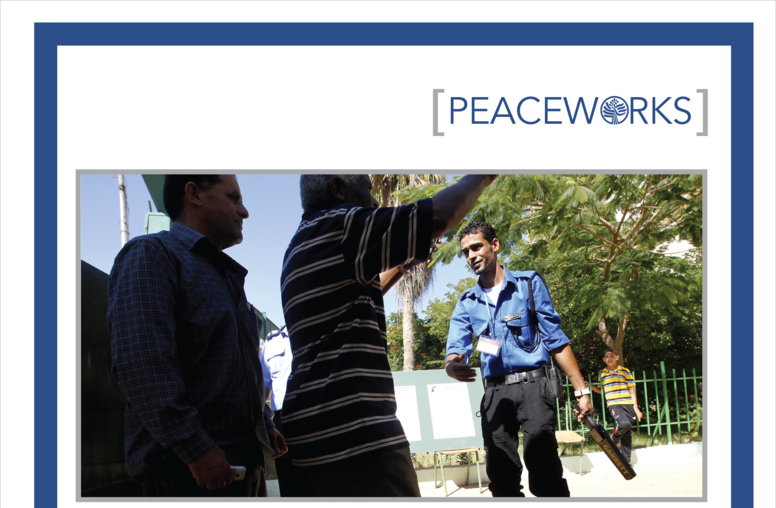
Libya’s Next Elections: A Step Forward or a Step Back?
Since the uprisings in Libya began in February 2011, the country has seen considerable and almost constant upheaval. International players have tried to facilitate a transition to democracy, but success has been fleeting. Now, in the midst of political division and internal conflict, Libyans are attempting to hold presidential...
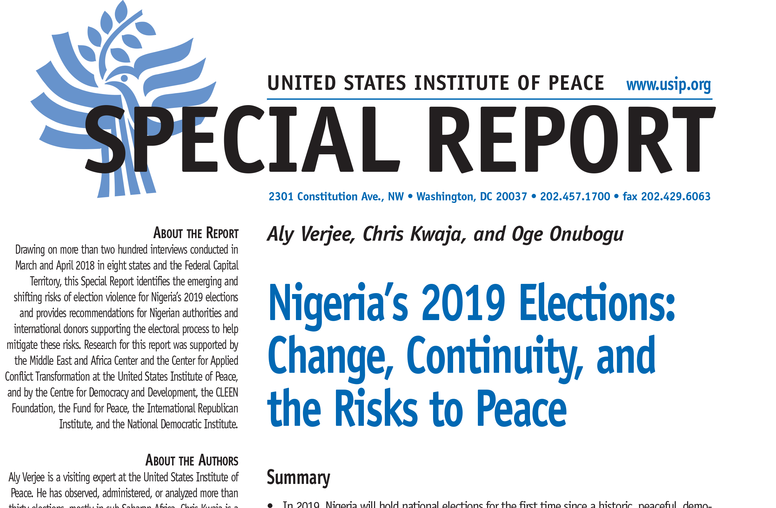
Nigeria’s 2019 Elections: Change, Continuity, and the Risks to Peace
Drawing on more than two hundred interviews conducted in March and April 2018 in eight states and the Federal Capital Territory, this Special Report identifies the emerging and shifting risks of election violence for Nigeria’s 2019 elections and provides recommendations for Nigerian authorities and international donors supporting the electoral process to help mitigate these risks.